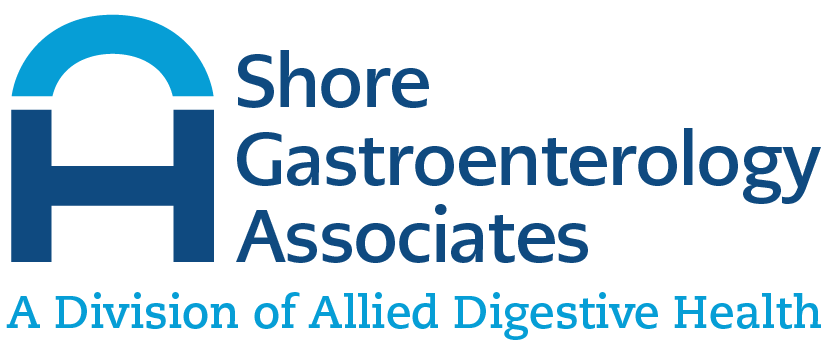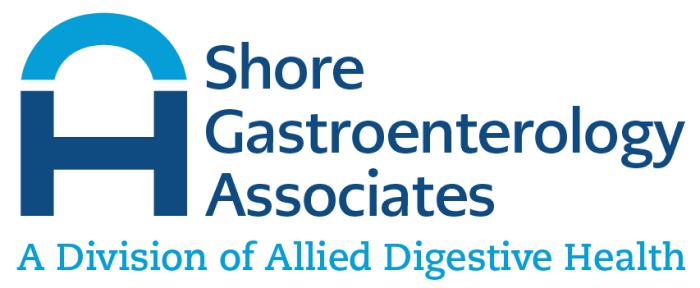What is a Bacterial Overgrowth Test?
If your doctor suspects you have a gastrointestinal known as small intestinal bacterial overgrowth (SIBO), they may order one of several tests to look for bacterial overgrowth. The first-line diagnostic bacterial overgrowth test is a small intestine aspirate and fluid culture. However, your physician could order a breath test instead. While the breath test can detect bacterial overgrowth, it is not as comprehensive as the fluid culture.
Why is a Bacterial Overgrowth Test Done?
A bacterial overgrowth test determines if there is a large amount of bacteria growing in the small intestines. If this occurs, the bacteria interfere with the body’s ability to absorb nutrients.
How Does One Prepare for a Bacterial Overgrowth Test?
- Two weeks prior to your test, discontinue any probiotics
- The day before your test, limit your consumption of slowly digesting foods including beans, pasta, bran, high fiber bread, or cereals.
- Fast 12 hours before the test with the exception of only water
- Refrain from smoking, sleeping, or vigorous exercise 30 minutes prior to or during the test
- The morning of the test, do you brush your teeth, gargle with mouthwash, chew gum, or eat any mints
- You will need to reschedule if you have been on antibiotic therapy in the 48 hours before the test
- You may have water prior to the test. Once the test has begun, you cannot eat or drink anything by mouth
How is a Bacterial Overgrowth Test Performed?
The test is noninvasive, you will first breathe into a special breathalyzer. After that is complete, you will drink a lactulose solution, which may cause diarrhea or abdominal pain in some cases. After 90 minutes, where you may leave the office, you will be asked to breathe again. Then, you will wait for an additional 30 minus and breathe once more.


